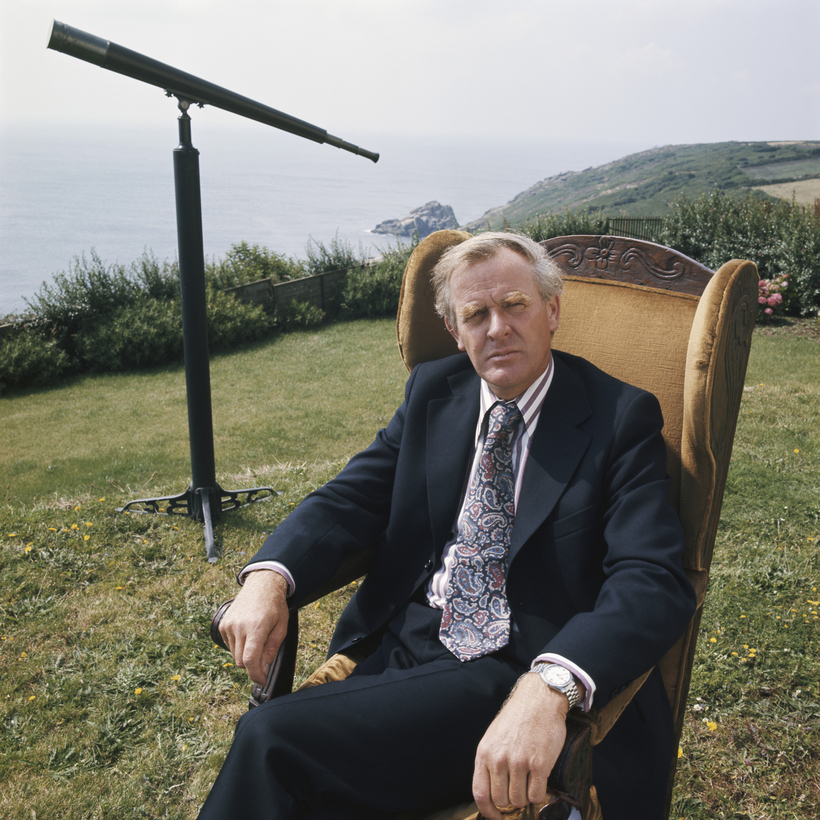I came to know David Cornwell, who wrote as John le Carré, in 2004 because of the Iraq War. We met in our local pub in Hampstead, striking up an unlikely conversation about the “war on terror”. He was intrigued by the law, and impressively skeptical about lawyers. My neighbor and I never looked back, cementing a friendship over many years of enjoying that most English of desserts, a shared rhubarb crumble with masses of custard.
Le Carré died in December; his wife Jane a few weeks later. I miss the furtive street corner encounters, the chats about the state of the country and the world, both messy and fraudulent places in which dubious means are embraced in the name of the greater good. To fill the gap, and hear once more his distinctive and lyrical voice, I revisited our conversation of a few years earlier at the Hay Festival.

